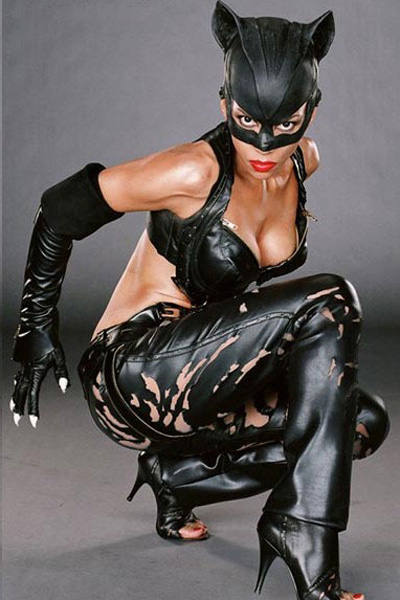We've been searching the forum and talking to boaters about their likes and dislikes and have been running into a question we keep asking ourselves as we look for our future trawler.
We don't have a lot of experience with marine diesel engines and we are wondering what experiences people have had with various engines. I'm sure marine engines, just like any other product we buy, have some that are held in high regard and some that are not. We're wondering what peoples experiences are regarding different makes and models of marine engines when it comes to reliability, maintainability, availability, affordability, etc. It would be great information to know as we shop around and see various boats with various engines. We look forward to your experiences and opinions.
We don't have a lot of experience with marine diesel engines and we are wondering what experiences people have had with various engines. I'm sure marine engines, just like any other product we buy, have some that are held in high regard and some that are not. We're wondering what peoples experiences are regarding different makes and models of marine engines when it comes to reliability, maintainability, availability, affordability, etc. It would be great information to know as we shop around and see various boats with various engines. We look forward to your experiences and opinions.





